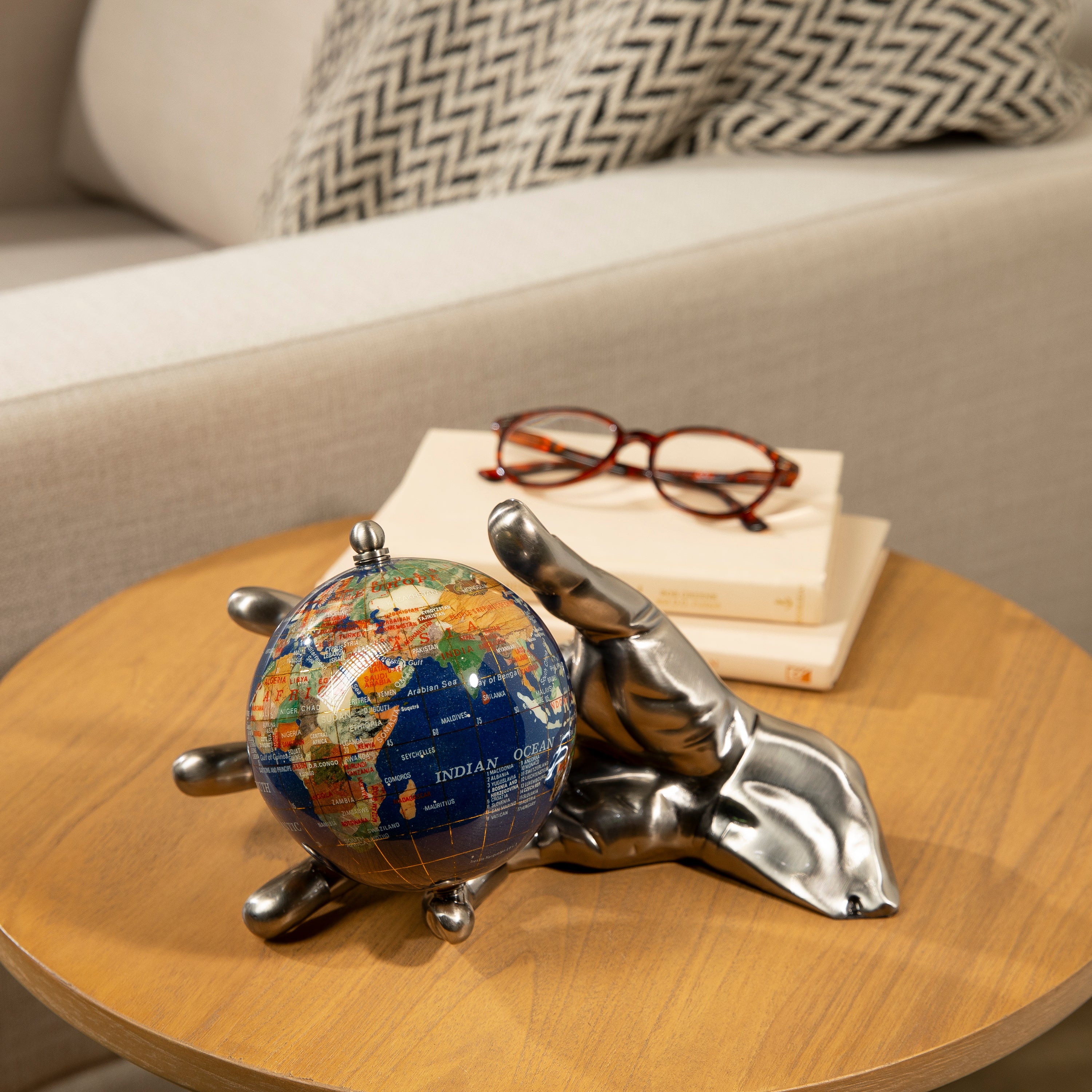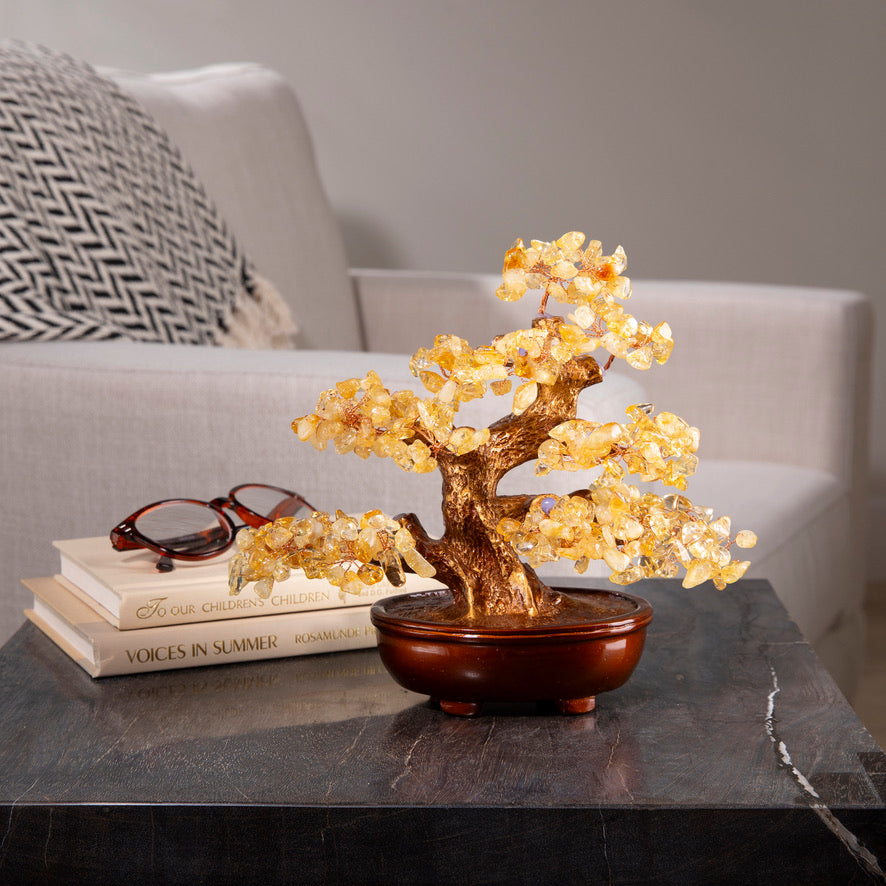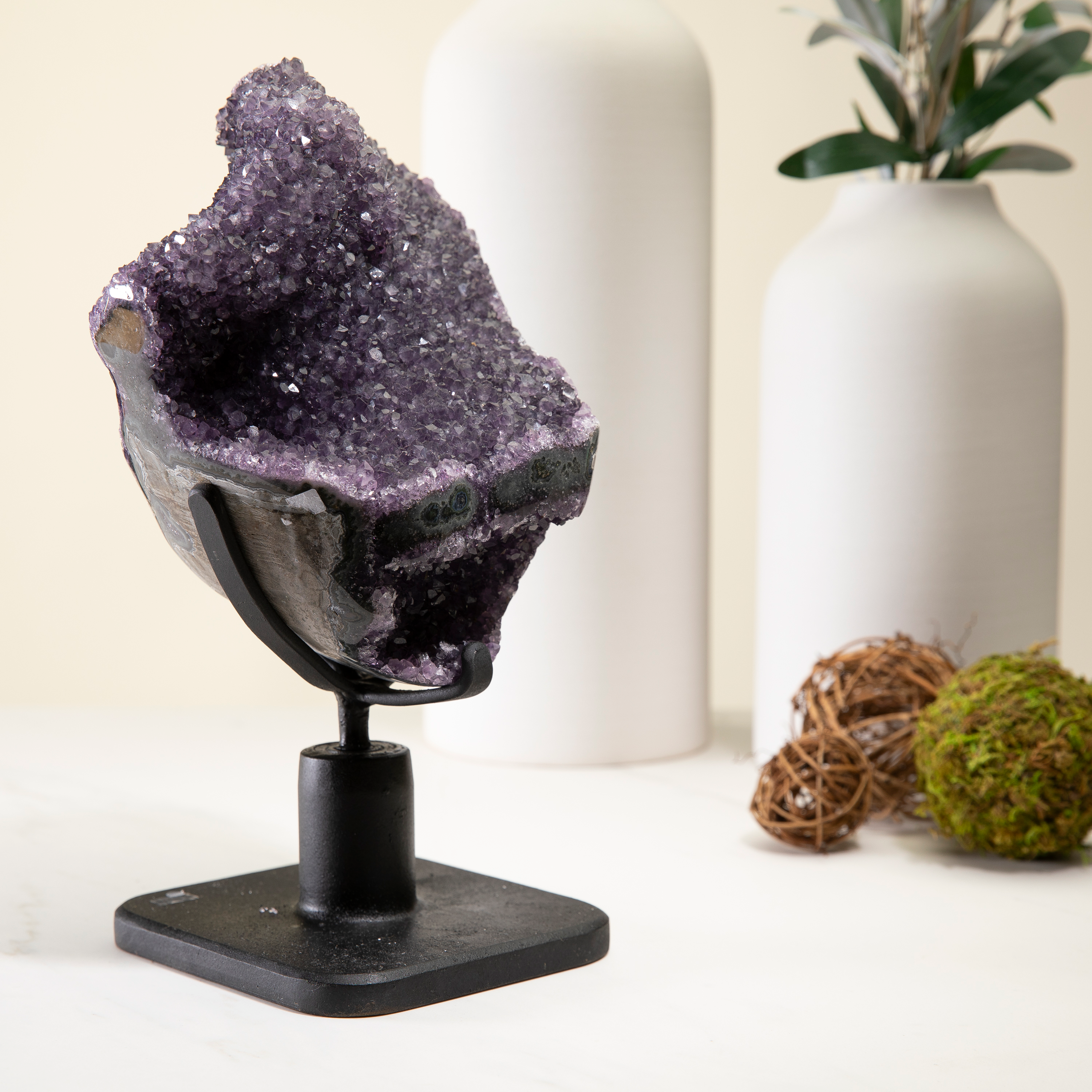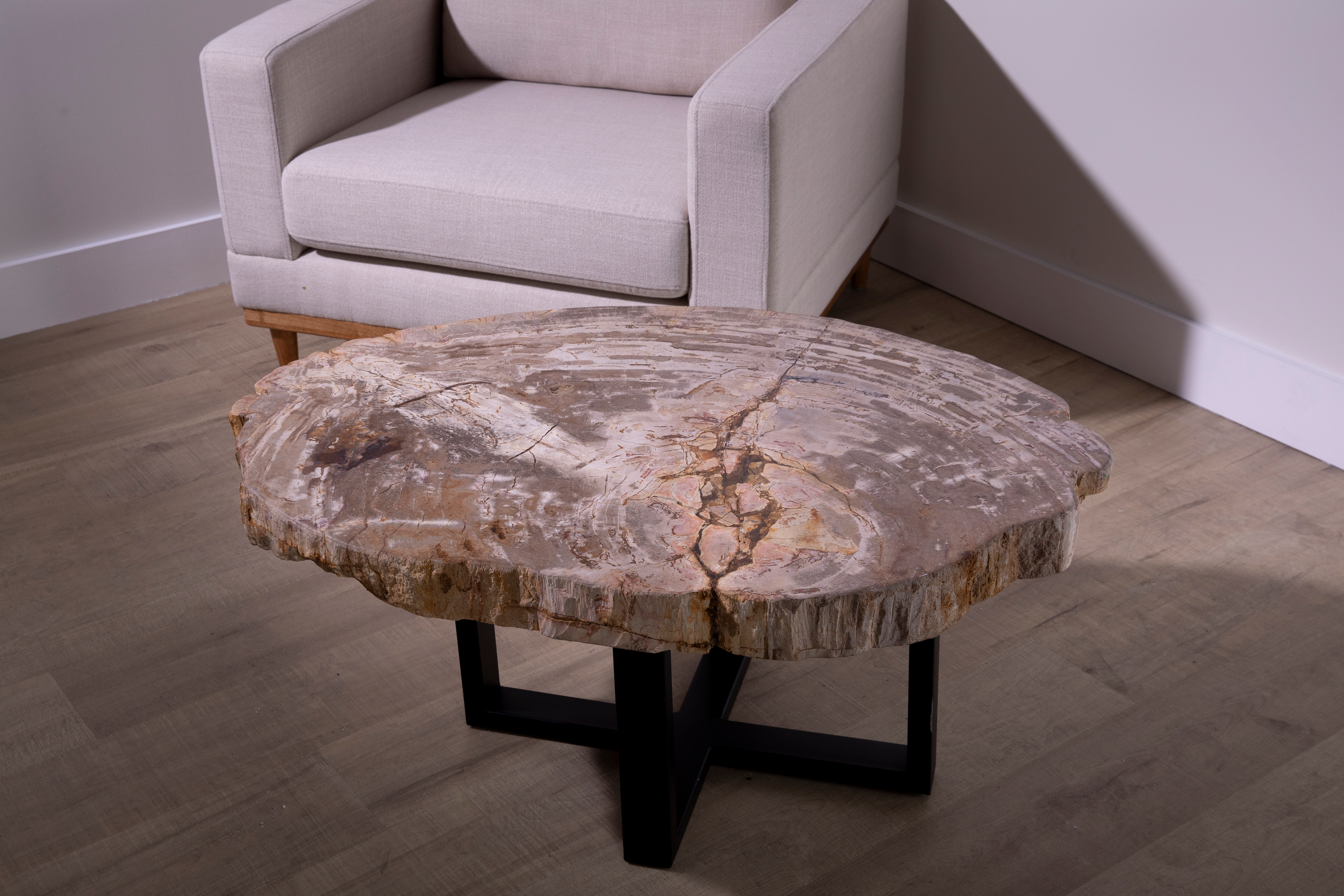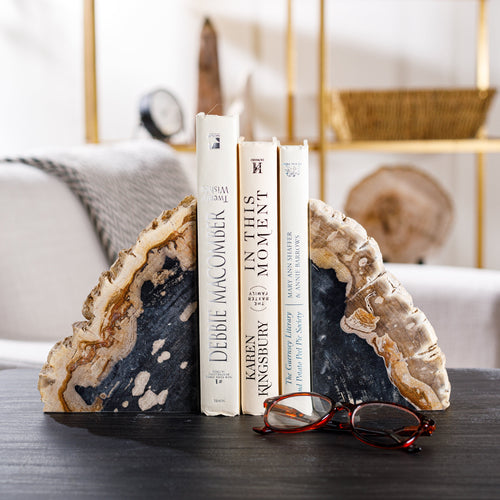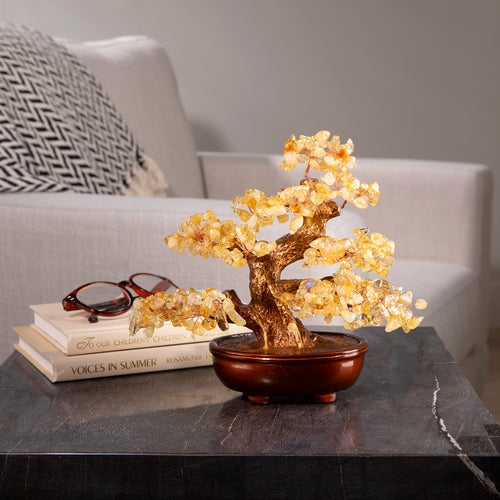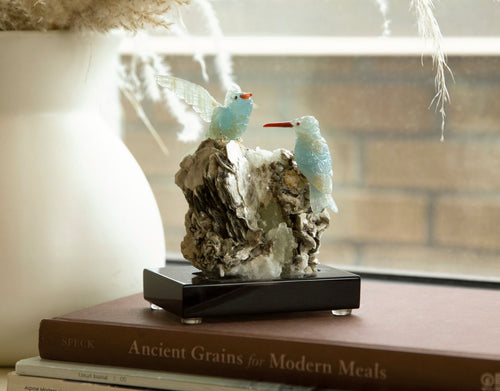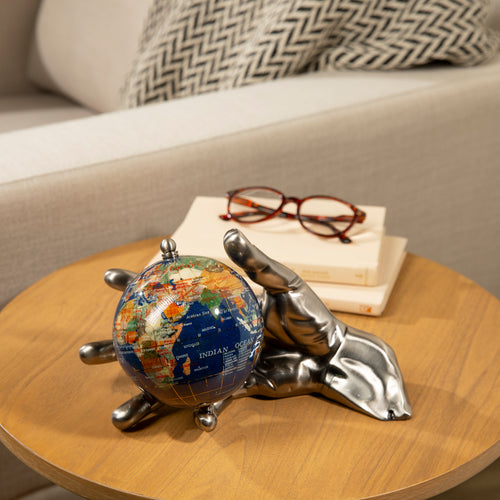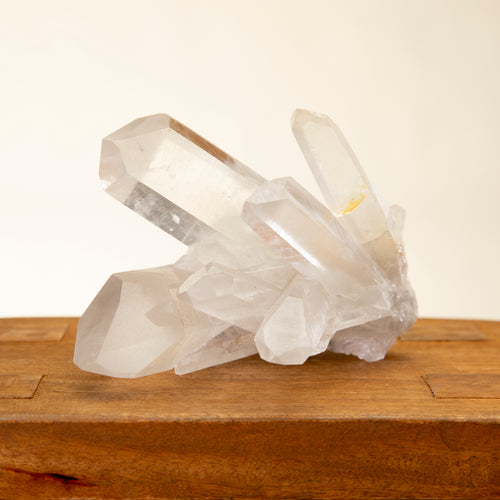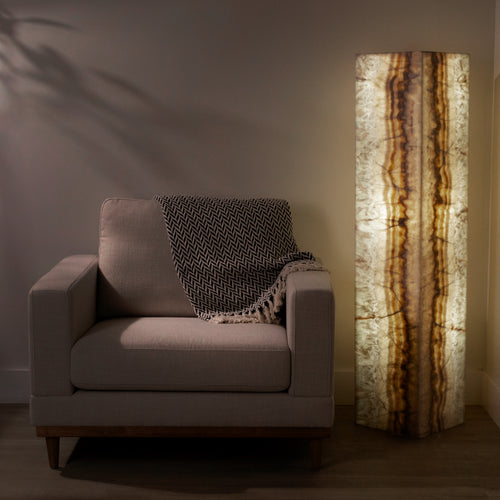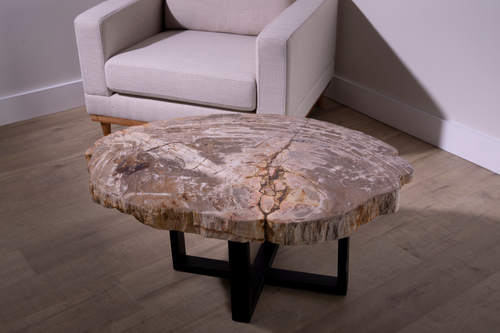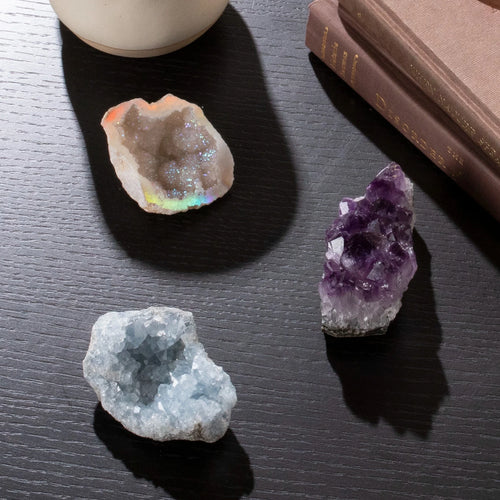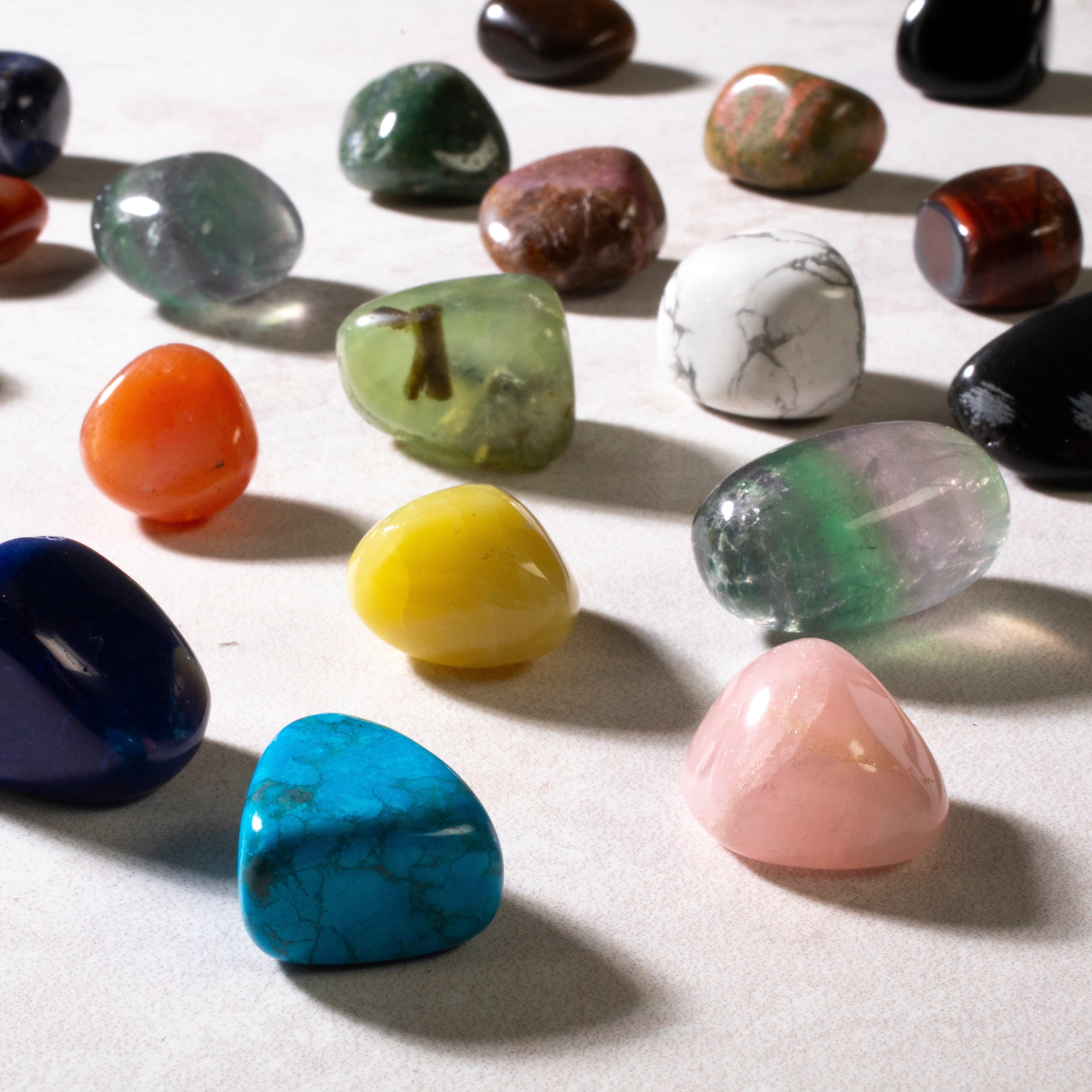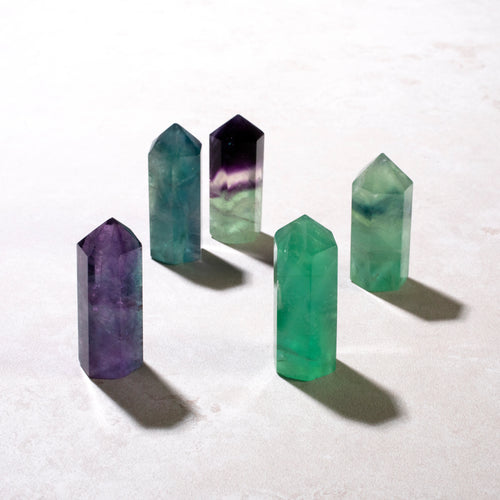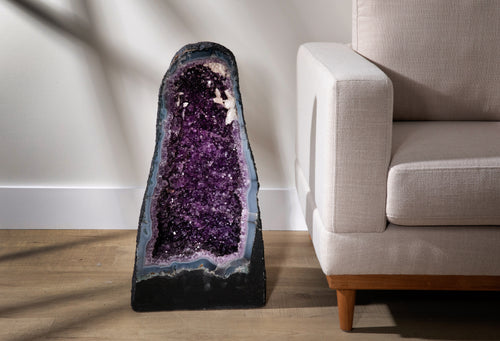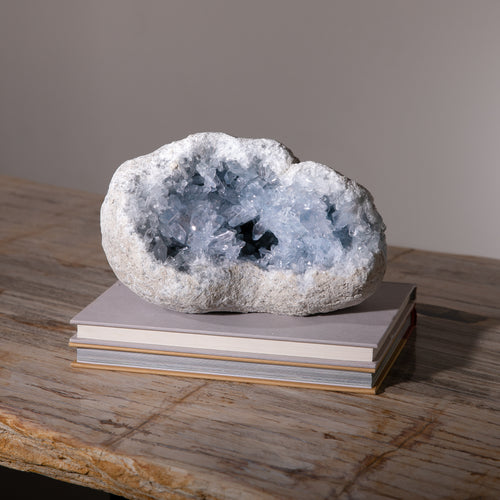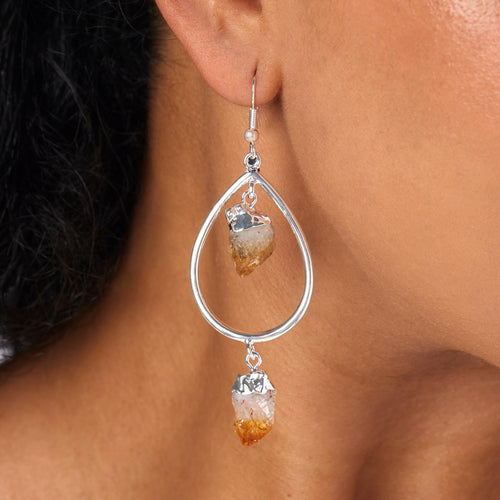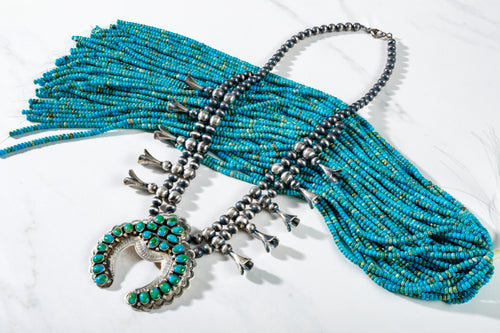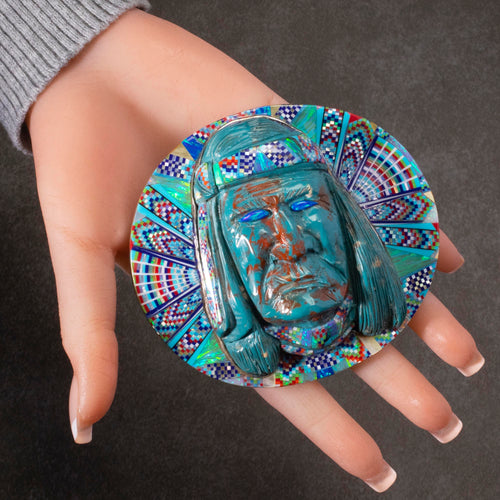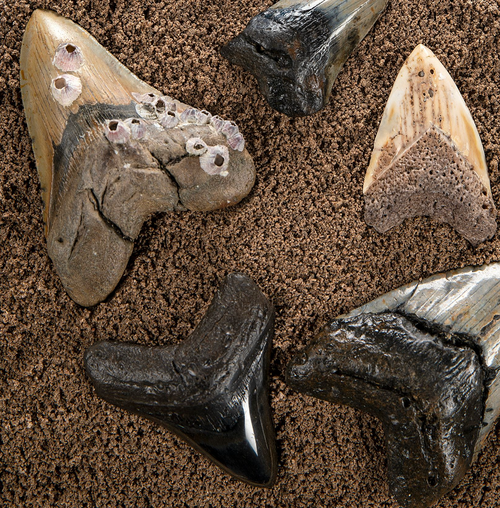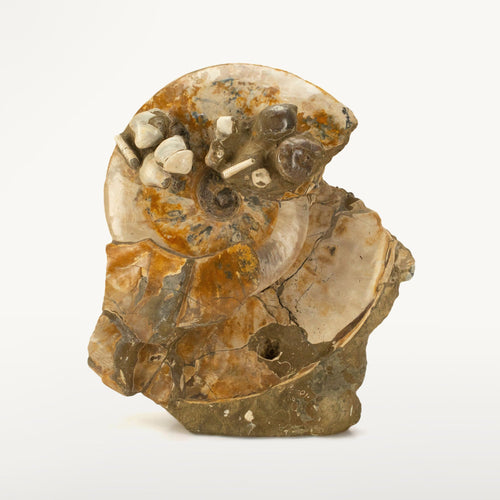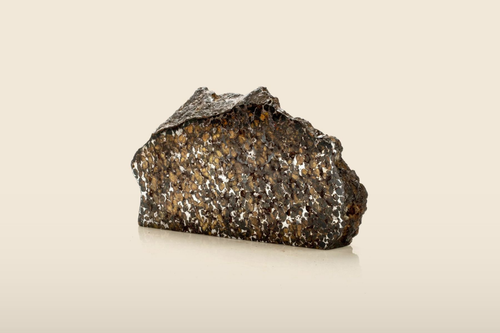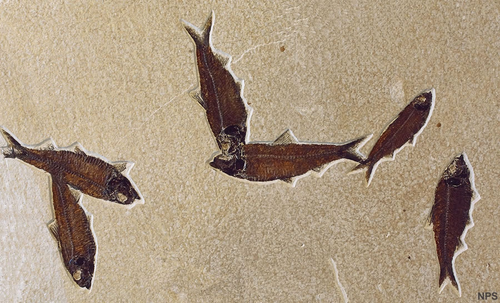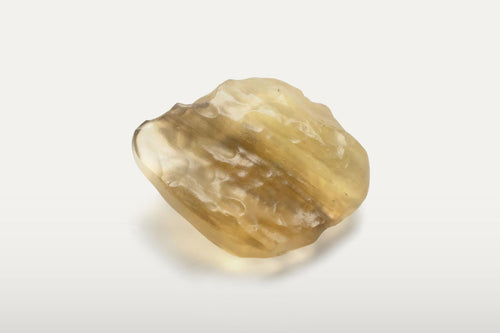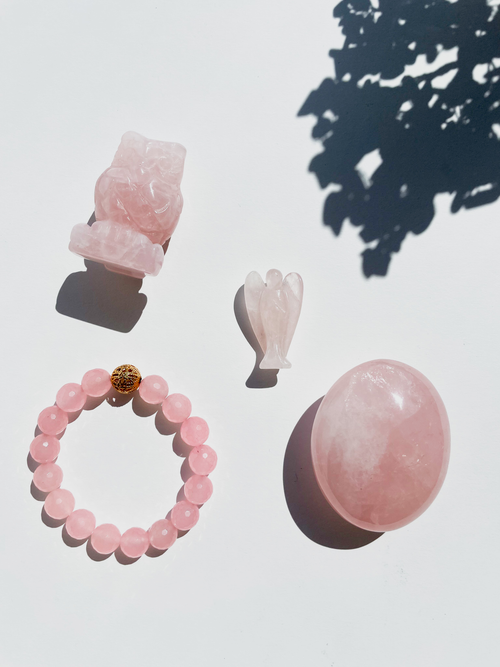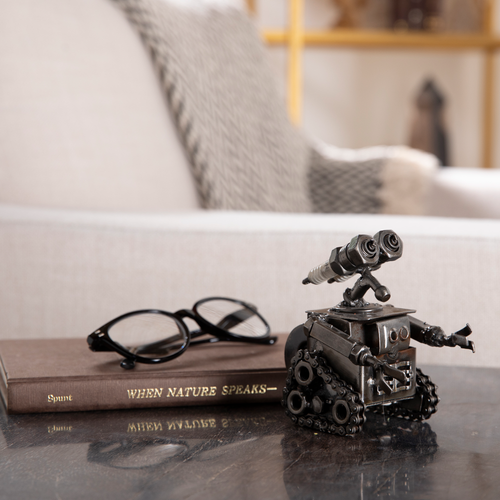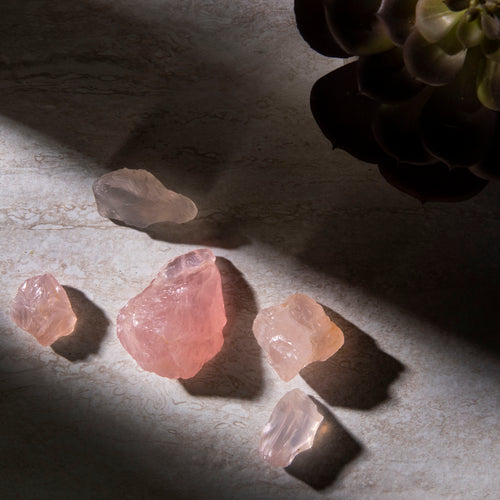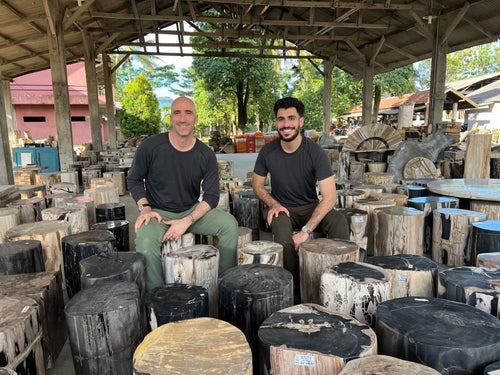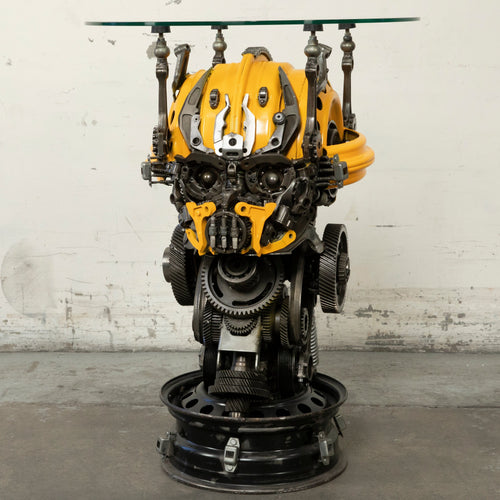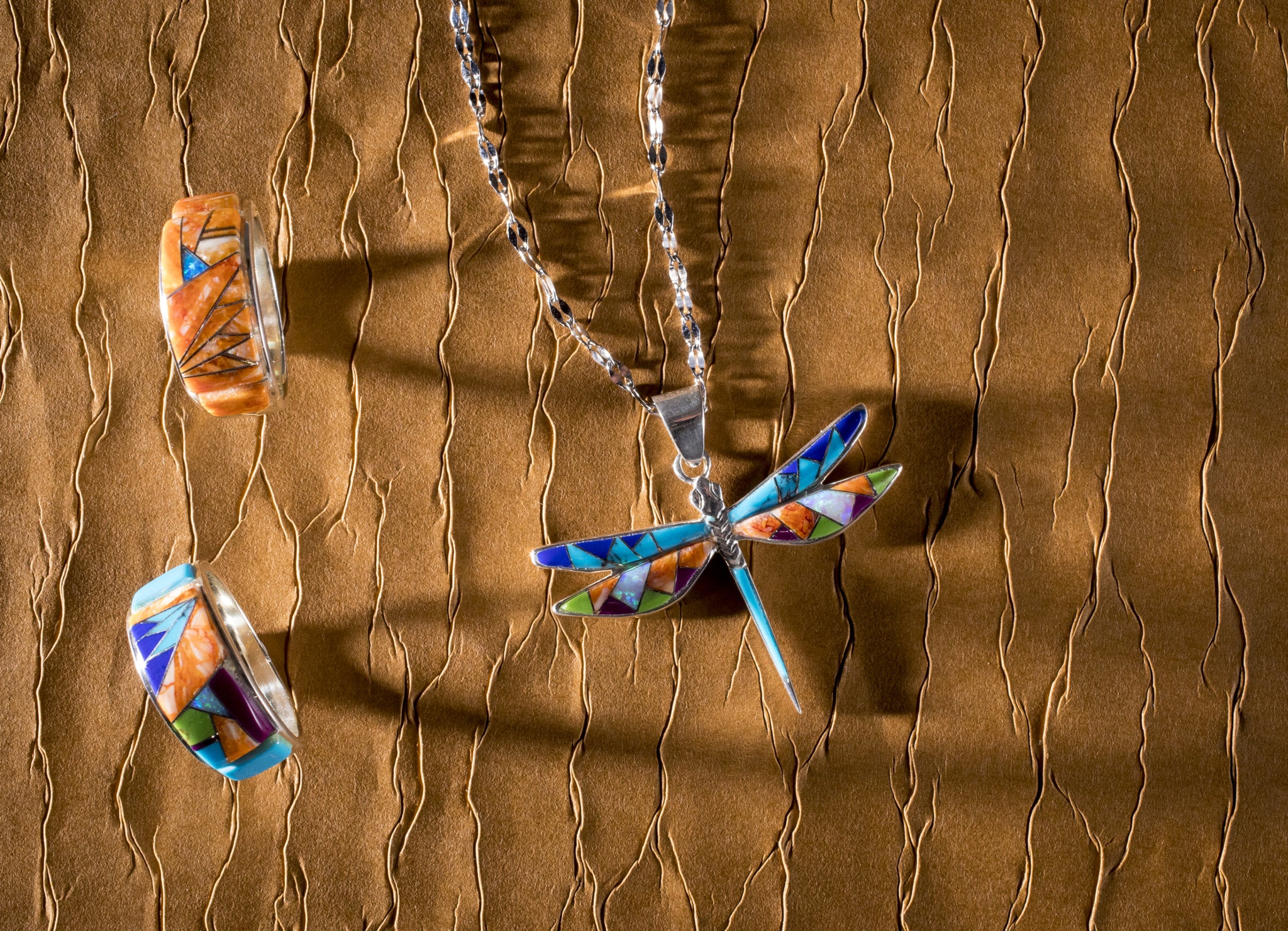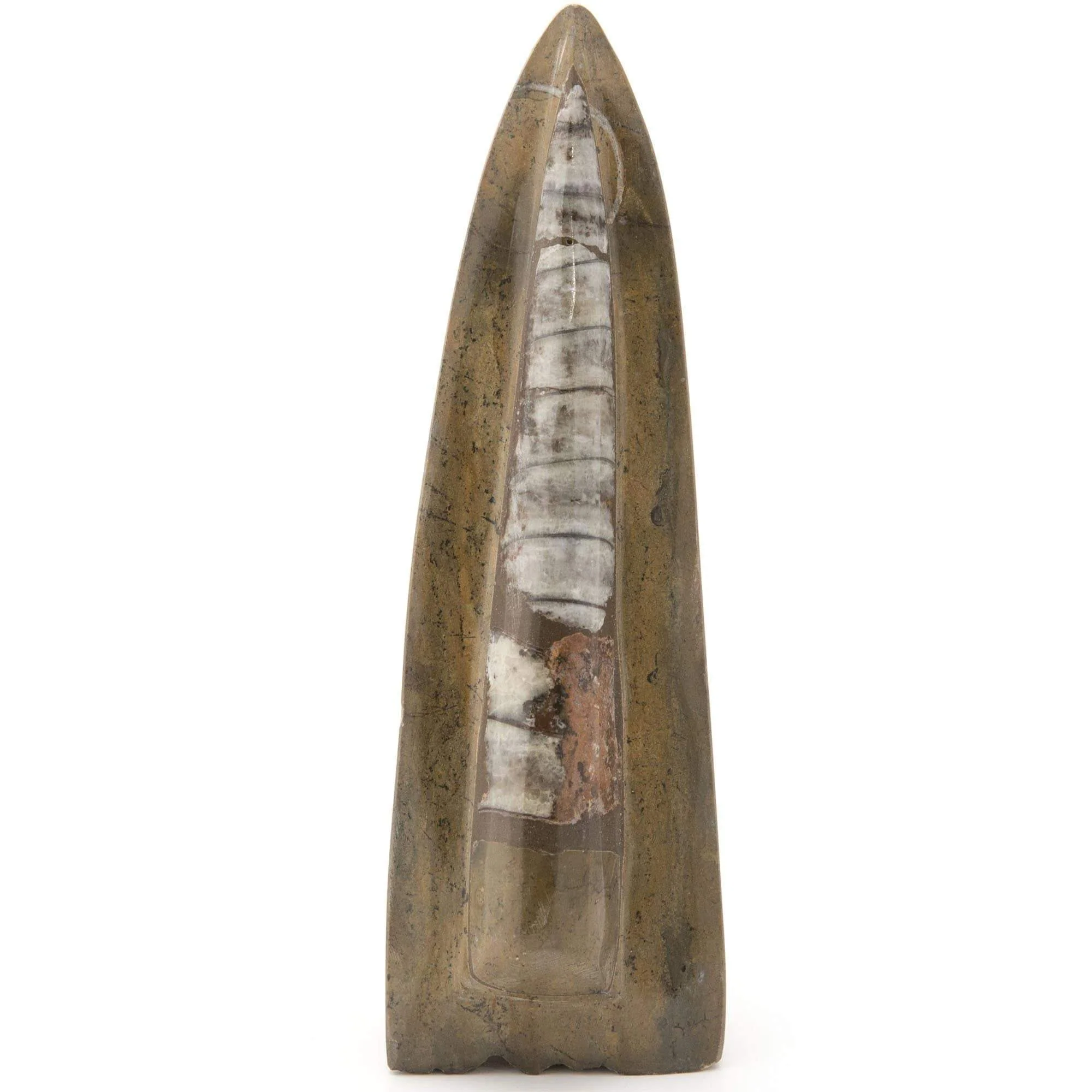
The 5 Fossils You Should Have in Your Collection
Fossils are a super fun way to transport yourself back in time. For years, fossils have captivated people’s interest and can be found on display anywhere from an elementary school classroom to the Smithsonian museum. There are so many different types of fossils, ranging in age and size, and no two fossils are exactly the same. Many people’s initial love for and interest in fossils develop into a collection, and there is no right or wrong way to start collecting! We will run you through five key fossils that every collector should have in their collection.

1. Ammonite
Ammonites are essential to have in any fossil collection, and because they range so much in size and price, there is sure to be an Ammonite for every level of collector. Ammonites are well known for their beautiful spiral-shaped shell with hollow chambers inside. The animal would actually pump air into these empty chambers, which would allow it to float at different levels in the ocean when searching for food. Many Ammonite fossils are split in half, so you can actually see all of the internal details and crystallization that has taken place over millions of years. Ammonites can even grow Pyrite inside of their chambers, adding a little something extra to the fossil!

2. Megalodon Tooth
Most people have seen a shark tooth before, so think of a Megalodon tooth as a much larger and much older version of that. The Megalodon is an extinct species of shark that is classified as a “super predator,” renowned for its large size and superior hunting ability. With a mouth full of teeth ranging up to 8 inches long, it is no wonder that the Megalodon ate essentially whatever it wanted. Many Megalodon teeth are found off the East Coast of the United States, typically coming from the Carolinas or Virginia, and it is not uncommon for one of them to wash up during a storm. The teeth can range in color from whites and blues to very dark grays and blacks, and many of them actually have bite damage on them dating back three to 16 million years. Having a Megalodon tooth in your collection makes for an excellent topic of conversation and is a cool piece of history to have around.
3. Orthoceras
An Orthoceras fossil is a perfect fit in any fossil collection. Not only is it a collector’s item, but large pieces of it can be used to make intricate carvings and pieces of art, as well. Orthoceras means “straight horn,” referring to its long, straight shell which can range in size from less than 1 centimeter to over 14 feet long. Oftentimes, these fossils showcase many Orthoceras as they are commonly found in colonies. Although the Orthoceras went extinct around 200 million years ago, they are a close relative to our modern-day squid. They are not the most uncommon fossil to run across, but many people do not actually know what an Orthoceras is. Impress your friends and family with your new knowledge about them when they ask about it.
4. Fish Fossil
Fish fossils are one of the best things any collector can have in their collection because they are visually stunning and incredibly detailed. Many fish fossils are sourced from the Green River Valley in Wyoming; this specific area provided the rare conditions that allowed for this accumulation of undisturbed fossils. The fossils extracted from this area can range from the common Diplomystus or Knightia to the rarer stingray or palm leaf. These fossils are priced based on the size and rarity of the fossilized creature itself and can be sold anywhere for a few dollars to hundreds of thousands of dollars each. The detail that is preserved in these fossils is incredible, and you can see and feel the actual bone structure of the fish.

5. Dinosaur Bone
For the collector who has it all, the next thing to add to the collection should definitely be a dinosaur bone. The best thing about dinosaur bones is that there is such a large variety of species coming from different eras and different countries that each piece is guaranteed to be extremely unique from the next. Some bones are found mostly complete and require minimal touch-ups, while others need a little bit more reconstruction. This will often be a factor in the price, as well. Dinosaur bones are not very common; therefore, they tend to cost a pretty penny, but it is a worthy investment for someone really trying to expand their collection. There is no doubt that a dinosaur bone would be the shining star of any fossil collection, and there is nothing quite like the feeling of seeing a real fossilized bone in person that really brings the piece to life!
